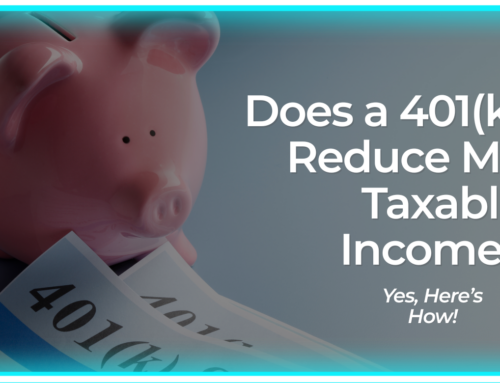Hi! I’m Bette Hochberger, CPA, CGMA. Running a business as a Limited Liability Company (LLC) can significantly affect your taxation and owner compensation. Many entrepreneurs are drawn to the LLC structure, largely due to the potential for significant tax savings. However, once you decide to form an LLC, you need to understand what an “LLC license” is and the steps involved in obtaining one.
Understanding an LLC License
An LLC license isn’t a license in the traditional sense. Instead, it refers to the official paperwork and registration process involved in forming an LLC. This term is often used interchangeably with the process of registering or incorporating your business as an LLC.
The Benefits of Forming an LLC
- Tax Advantages: LLCs can offer substantial tax benefits, potentially saving thousands of dollars annually.
- Limited Liability: Owners enjoy protection from personal liability for business debts and obligations.
- Flexibility in Management: LLCs offer more flexibility in management and operation compared to corporations.
State-Specific Steps for Forming an LLC
Forming an LLC involves several state-specific steps:
- Choosing a Name for Your LLC: The name must be unique and adhere to your state’s naming requirements.
- Filing the Articles of Organization: This is the primary document for establishing your LLC with the state.
- Creating an Operating Agreement: Though not always legally required, it’s a best practice to have an operating agreement outlining the structure and operating procedures of your LLC.
- Obtaining Necessary Permits and Licenses: Depending on your business type and location, you may need additional permits and licenses beyond the LLC registration.
- Applying for an EIN: If your LLC has more than one member or hires employees, you’ll need an Employer Identification Number (EIN) from the IRS.
Do You Need an LLC License?
Yes, if you decide to run your business as an LLC. This ‘license’ is actually the registration of your LLC with the state. It’s a crucial step in establishing your business’s legal structure and ensuring compliance with state regulations.
Choosing to form an LLC is a significant decision for any entrepreneur. It offers numerous benefits, including tax advantages and liability protection. However, it’s essential to understand the process and requirements, which vary by state, to ensure your business is properly established and compliant.
By following these steps, you can successfully navigate the process of obtaining your LLC ‘license’ and set your business on the path to success.
I’ll see you all again next time!







